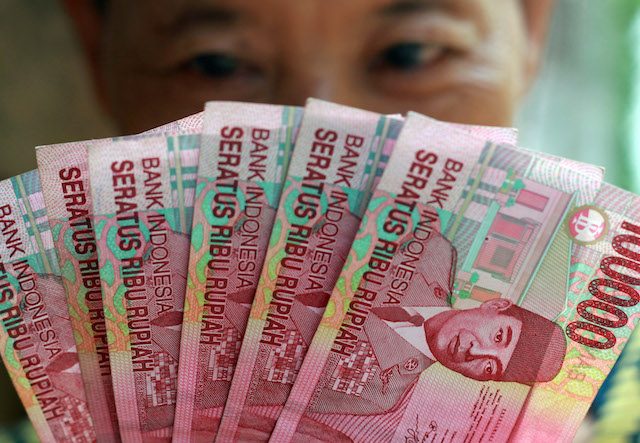SUMMARY
This is AI generated summarization, which may have errors. For context, always refer to the full article.

JAKARTA, Indonesia – Starting a new business in Indonesia has become increasingly easier, at least according to the World Bank’s Ease of Doing Business survey 2016, published Wednesday, October 28. Indonesia jumped from rank 114 in 2015 to rank 109 in 2016.
In its annual survey, the World Bank projects the level of ease of starting a new business in a country in the following year, by
measuring “regulations affecting 11 areas of the life of a business.”
“Ten of these areas are included in this year’s ranking on the ease of doing business: starting a business, dealing with construction permits, getting electricity, registering property, getting credit, protecting minority investors, paying taxes, trading across borders, enforcing contracts and resolving insolvency,” the report said.
Labor market regulation was not included in this year’s ranking.
The data is as of June 1, 2015.
According to the World Bank, the key factors that contributed to the rise in rankings of Indonesia are the government’s reforms in 3 areas: the simplifying of the process of starting a business, getting credit and the tax payment process.
Indonesia however, is still relatively underdeveloped, even in Southeast Asia. Brunei, Philippines, Malaysia, Thailand, Singapore and Vietnam, all rank above Indonesia.
Back-to-back
The report comes a day after risk rating agency Moody’s also announced positive news for Indonesia.
In a report published on Tuesday, Moody’s said the Indonesian banking system is resilient, and can withstand the uncertainty of the global economic situation.
The announcement from Moody’s also said that “outstanding Indonesian private external debt more than doubled to $170 billion at end-June 2015 from $84 billion at end-2010.”
“This rapid growth, coupled with the 10% depreciation in the rupiah since the beginning of 2015, has created potential vulnerability for the system,” it said.
“But the risks are lower than implied, as over 70% of this debt comprises debt owed to related parties, debt owed by state-owned enterprises, or debt in sectors with a natural hedge.” – Rappler.com
Add a comment
How does this make you feel?





There are no comments yet. Add your comment to start the conversation.